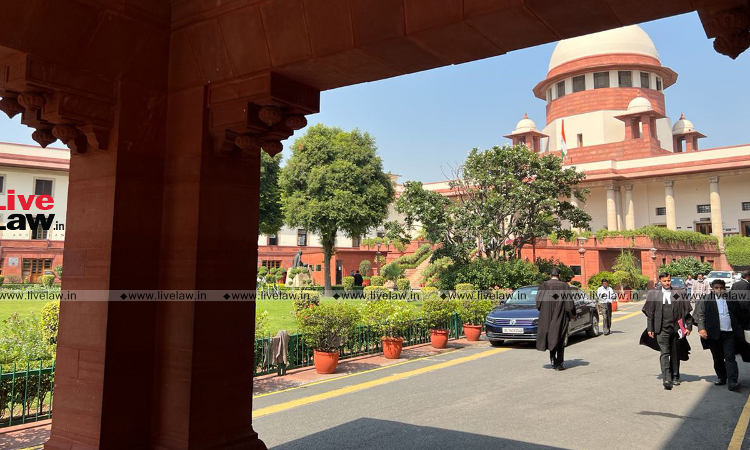Supreme Court Urges Centre & States To Consider Publication Of Laws In All Regional Languages
Awstika Das
2 Nov 2022 3:02 PM IST

Next Story
2 Nov 2022 3:02 PM IST
The Supreme Court of India on Tuesday directed the central and state governments to consider a plea to publish all legislations in regional languages to ensure better access for the people whose "conduct and day-to-day lives" would be governed by these legislations. However, the Bench, comprising Chief Justice U.U. Lalit and Justice Bela M. Trivedi, refused to entertain a prayer seeking...
